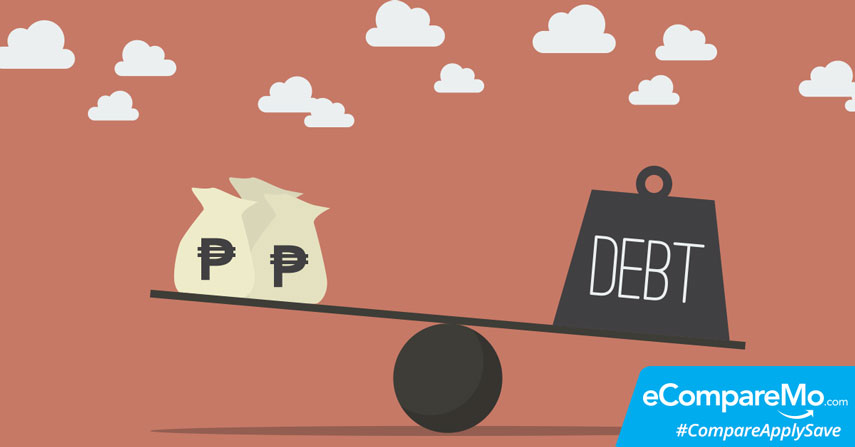How To Tell If You Are Living Beyond Your Means
2 min readAccording to the latest Manulife Investor Sentiment Index (ISI) survey, a significant portion of millennials are at “risk of being debt-strapped.†The thing is, almost half of the Philippines’ employed population fall under this demographic.
A third of respondents cited living expenses as the main factor contributing to their debts, which can be rooted from their FOMO, or fear of missing out.

Whether you’re a millennial or a Gen-Xer, lifestyle shouldn’t be directly proportionate to saving and remuneration of accruing debts.
So your income covers your basic needs—transpo, food and groceries, mortgages, loans, and other expenses. But do you have a safe financial cushion? Do you set aside money for savings, emergency fund, and retirement fund? If the answer is no, then time to troubleshoot your cash flow.
The tell-tale signs—in real figures
You might have heard of the general rule to “live below your means.†But the numbers you’re about to see don’t lie. Below are guidelines to check if you’re living beyond your means.
- For debt-free and stable earners, the rule of thumb is to save 10 to 15 percent of one’s total income. Not being able to save at least five percent of your salary while paying off debts, however, is a sign that you are living beyond your means.
- If you haven’t been keeping 15 percent of your income since you’re 25, your goal to retire at 65 is next to impossible. If you’re 35 and up, in fact, you should allocate more savings.
- Another indicator is when 28% of your monthly income goes to housing. Compute your housing ratio by dividing your monthly housing expense by your monthly income. If the ratio is higher than 28%, then get a more affordable home.
- Also, spending more than 25% of your monthly paycheck on eating out is a big no-no.
- What about emergency fund? If you can’t survive without your income for at least six months, you are in serious trouble.
- Financial advisor Burn Gutierrez shares a formula to check your analyze your net worth:
Add the following outright assets: Savings + Retirement accounts + Stock investments + Real property + others Add all your debts: Car loan payments + credit card bills + personal loans + other payables Assets – Debts = Your net worth
Arriving at a negative figure is an indicator that you are living beyond your means. Even if you have a job and a regular income, you need to act fast and find ways to earn more.
